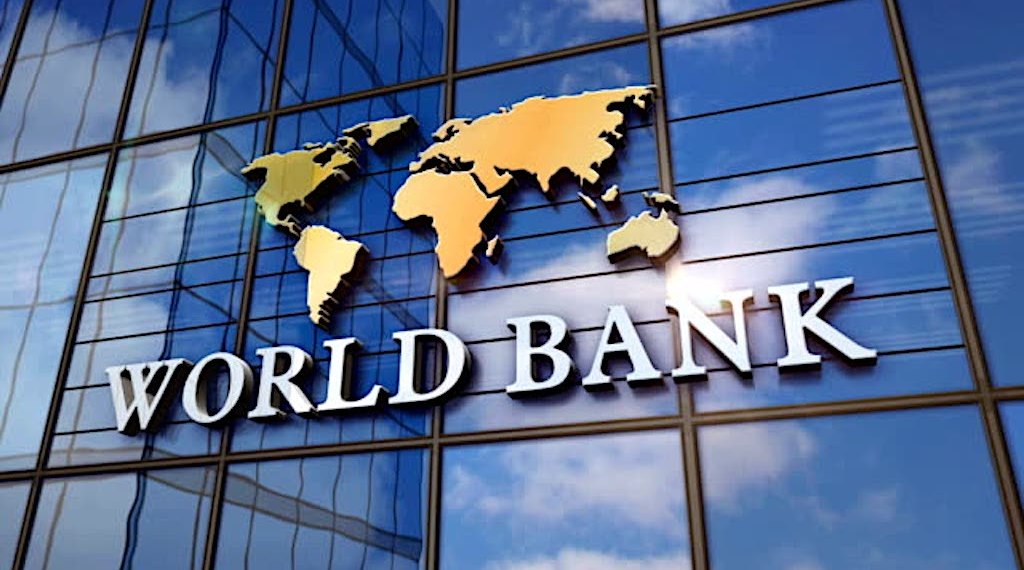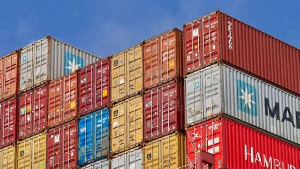The World Bank has challenged the widely circulated narrative that Ghana’s 2022 economic meltdown was primarily the result of external shocks, including the COVID-19 pandemic and the war in Ukraine.
In a new report titled Transforming Ghana in a Generation, the Bank asserts that the West African nation’s financial collapse stemmed largely from deep-rooted structural vulnerabilities and years of fiscal mismanagement—not global disruptions.
“The deterioration of global conditions due to the COVID-19 pandemic and the Russian Federation’s invasion of Ukraine was not the cause of the 2022 macroeconomic crisis,” the report states. Instead, those events merely exacerbated existing weaknesses in an economy already under severe stress.
The findings represent a sharp rebuke of claims made by previous Ghanaian government officials, who frequently pointed to global headwinds to explain the country’s economic turmoil. In 2022, Ghana’s currency, the cedi, plunged in value, inflation surged to multi-decade highs, and debt levels spiraled, forcing the country to seek a bailout from the International Monetary Fund.
The World Bank says Ghana entered 2022 with a fragile macroeconomic foundation—built on persistent fiscal deficits, rising public debt, and systemic inefficiencies that left the economy vulnerable to even modest external shocks. These factors, the report notes, contributed to Ghana being among the first African nations to approach the IMF for assistance in the post-pandemic era.
The report’s conclusions are likely to reignite debate over the policy choices made by Ghanaian authorities in the years leading up to the crisis—and highlight the urgent need for structural reforms to restore investor confidence and support long-term growth.
While acknowledging that global factors intensified pressure on the economy, the Bank emphasized that they were not the root cause. The focus, it suggests, should now shift to addressing Ghana’s longstanding vulnerabilities, including weak revenue mobilization, inefficient public spending, and a narrow export base.
The findings could complicate the political narrative as Ghana approaches its next election cycle, with economic stewardship likely to feature prominently in public discourse.













